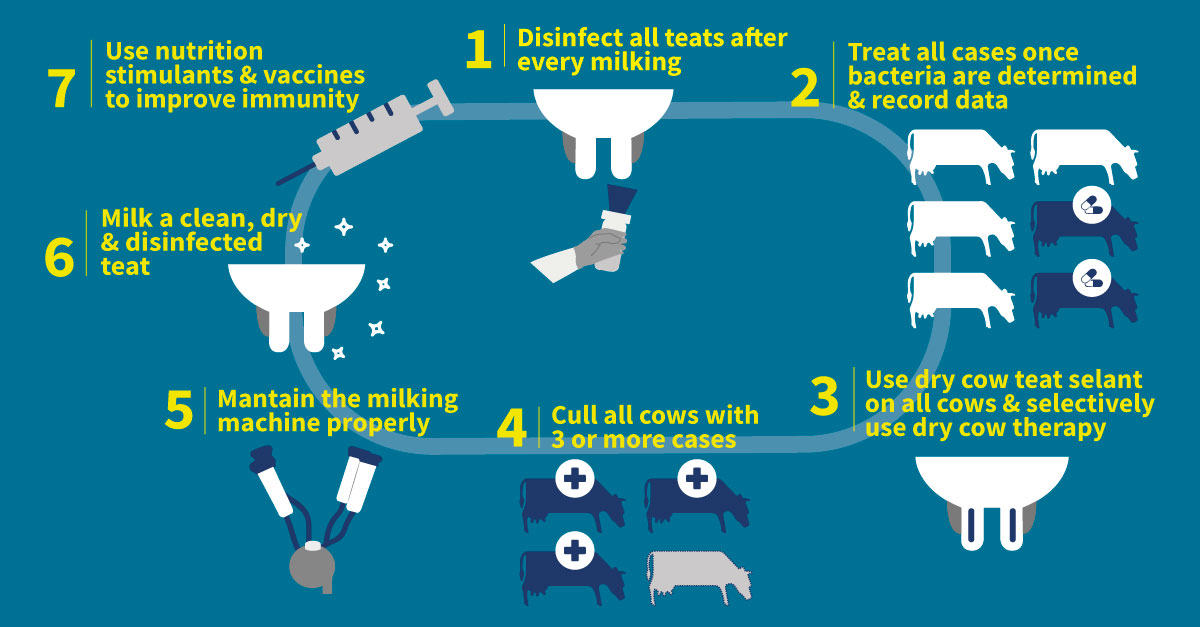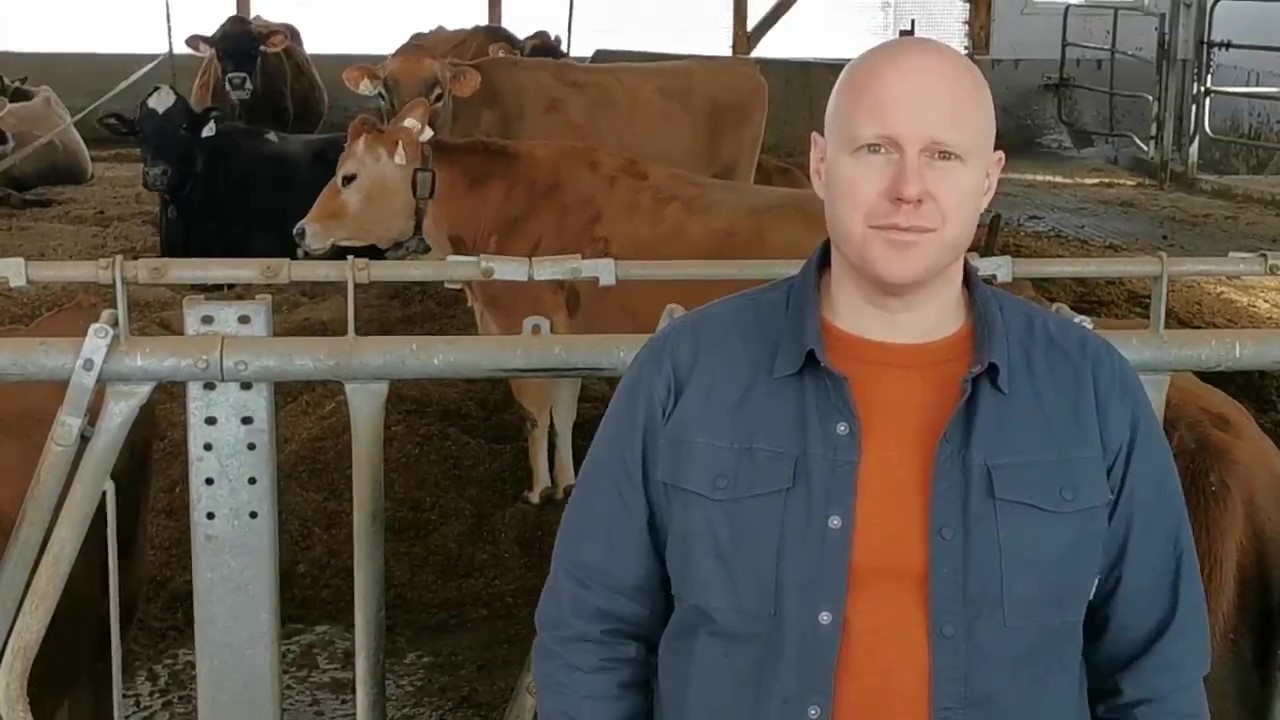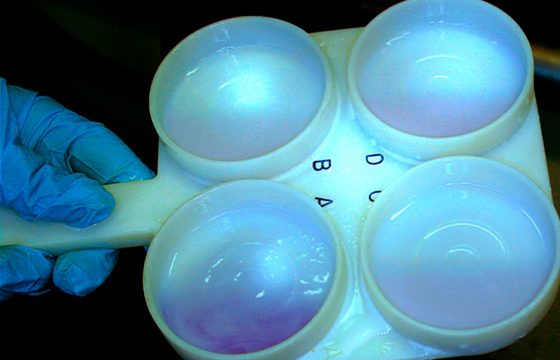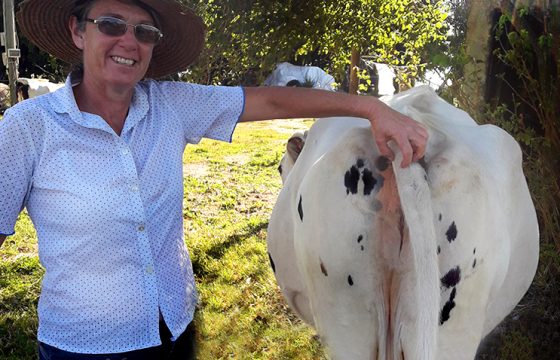Udder health situation in Canada
Dan Shock is a vet based in Canada who has been working with veterinarians and producers to improve udder health and milk quality for many years. Dan is currently the Business Manager for HIPRA CANADA. We would like to know more about his everyday work trying to help vets and farmers to achieve better milk quality.
Q: Dan, how and why did you become interested in milk quality?
In practice, I saw first-hand the impact that mastitis can have on a dairy farm. From losing high-producing cows to severe mastitis, to the milk losses associated with chronic and subclinical infections, mastitis is one of the most impactful diseases of dairy cows. This is why I wanted to focus on mastitis while completing my PhD.
Q: What has been the response of vets regarding new challenges in milk quality?
With a push towards responsible antimicrobial stewardship and the developing role of the veterinarian as a herd health consultant, Canadian veterinarians have really upped their game to solve udder health and milk quality issues. Taking advantage of quality continuing professional development, Canadian vets are now offering value-added services including in-clinic and on-farm culturing, on-farm equipment and milking time evaluations, personnel training, records analysis, and vaccination programmes to respond to new challenges in udder health.
Q: A very interesting 2008 Canadian publication uncovered the primary pathogens responsible for mastitis infections in Canada. In your experience, what’s the best way to manage those pathogens?
It is a very interesting study. First, it outlines how impactful clinical mastitis is – the AVERAGE herd sees 23 cases of mastitis per 100 cows per YEAR! It also identified the causes of mastitis. First – despite great strides in control of contagious pathogens, Staphylococcus aureus and non-aureus Staphylococci (NAS) still made up over thirty percent of mastitis cases.
Second, environmental pathogens (e.g. E.coli, Klebsiella, Streptococcus uberis) are also driving mastitis. For me, the best way to prevent mastitis is following the principles of Dr. Thomas Hemling’s 7-point mastitis control programme . In particular, in addition to excellent milking time management and environmental hygiene, vaccination is a KEY tool to control mastitis. In Canada, we have the vaccines that can control 75% of the common causes of mastitis!

Q: In your opinion, what are the future trends in udder health?
With continued pressure to reduce antimicrobial use in animals, prevention will become more and more important. In addition, while automatic milking systems are generating huge amounts of valuable information, they are also potentially increasing the risk of contagious mastitis transmission. In the future, I’m hoping for improved cow-side mastitis diagnostics, novel therapeutics, and improved vaccine adoption as valuable tools to minimize the impact that mastitis has on our herds.



